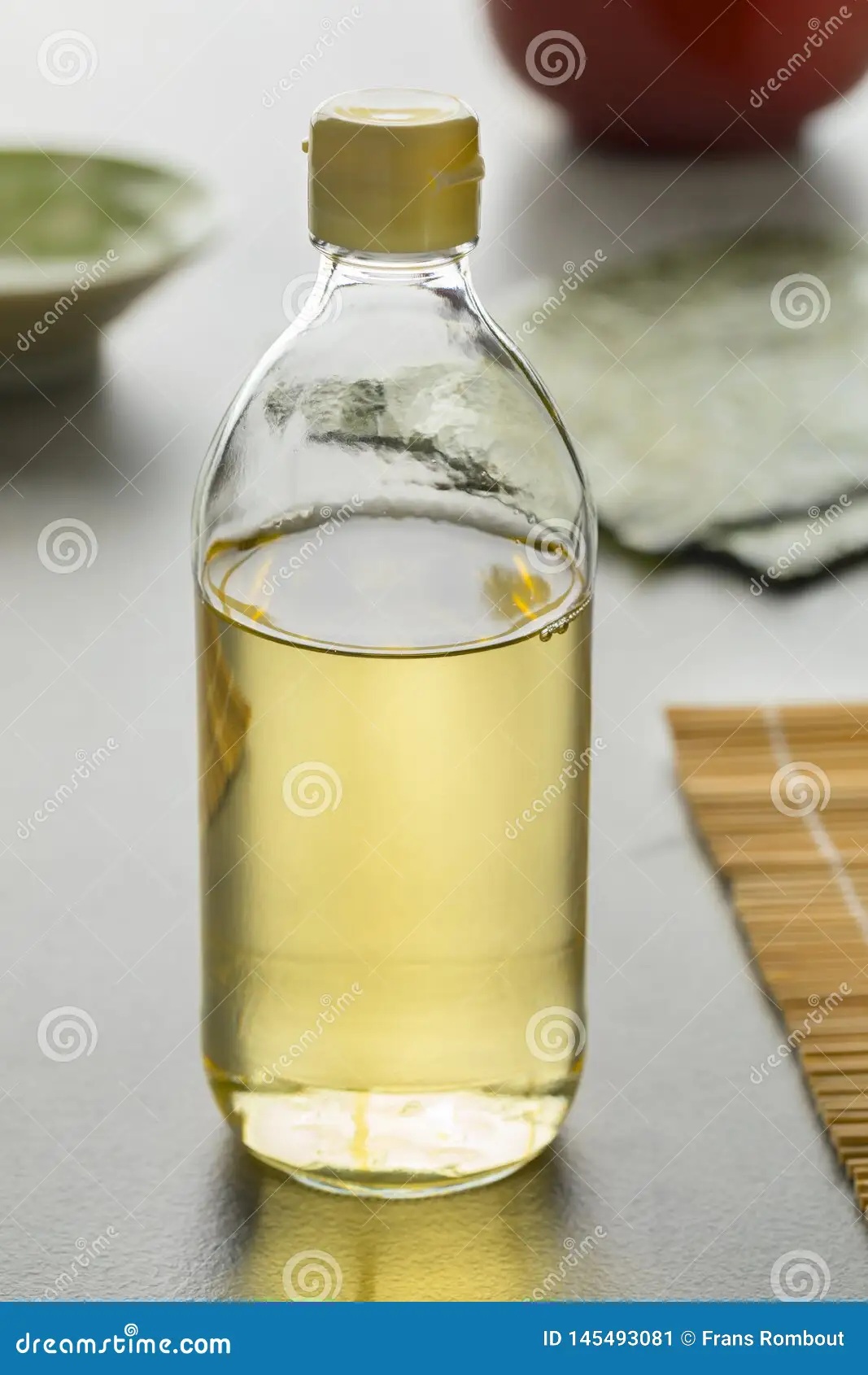rice vinegar and rice wine are two essential ingredients in Asian cuisine, prized for their distinct flavors and culinary versatility. While both are derived from rice, they serve different purposes in cooking and have unique characteristics that set them apart. In this comprehensive guide, we’ll explore the differences between rice vinegar and rice wine, including their production processes, flavor profiles, culinary uses, and health benefits, to help you understand how to incorporate these essential ingredients into your culinary repertoire.
Understanding Rice Vinegar
Rice vinegar
also known as rice wine vinegar, is a type of vinegar made from fermented rice. The production process begins by fermenting rice with acetic acid bacteria, which convert the sugars in the rice into alcohol. This alcohol is then further fermented into acetic acid, the primary component of vinegar, through a secondary fermentation process. The resulting liquid is strained, pasteurized, and aged to develop its characteristic flavor profile.
Flavor Profile
Rice vinegar has a mild, slightly sweet flavor with subtle acidity, making it a versatile ingredient in a wide range of dishes. It lacks the harshness and pungency associated with other types of vinegar, such as white vinegar or apple cider vinegar, making it suitable for delicate sauces, dressings, and marinades.
Culinary Uses
Rice vinegar is commonly used in Asian cuisines, particularly Japanese, Chinese, and Korean, where it adds acidity and depth of flavor to dishes. It is often used in sushi rice, salad dressings, pickles, marinades, and dipping sauces. Additionally, rice vinegar can be used as a condiment, either on its own or mixed with other ingredients to create flavorful dipping sauces or vinaigrettes.
Health Benefizts
Rice vinegar is low in calories and fat and contains no cholesterol, making it a healthy alternative to other types of vinegar. It is also rich in acetic acid, which has been associated with various health benefits, including improved digestion, blood sugar regulation, and weight management. Additionally, rice vinegar may contain trace amounts of vitamins and minerals, depending on the fermentation process and the type of rice used.
Understanding Rice Wine
Rice wine
also known as sake in Japanese cuisine, is a traditional alcoholic beverage made from fermented rice. The production process begins by polishing and washing the rice to remove impurities and bran, leaving behind starchy grains suitable for fermentation. The rice is then soaked, steamed, and inoculated with koji mold, which breaks down the rice starches into fermentable sugars. Yeast is then added to the mixture, initiating the fermentation process, where sugars are converted into alcohol.
Flavor Profile
Rice wine has a complex flavor profile characterized by subtle sweetness, umami notes, and hints of floral and fruity aromas. The taste and aroma of rice wine can vary depending on factors such as the type of rice used, the fermentation process, and the region of production. High-quality rice wines are prized for their smooth, clean taste and balanced acidity.
Culinary Uses
Rice wine is a staple ingredient in Asian cooking, where it is used in various dishes to add depth of flavor and complexity. In Chinese cuisine, rice wine is commonly used in marinades, stir-fries, braised dishes, and sauces, where it enhances the umami and richness of the dish. In Japanese cuisine, sake is used not only in cooking but also as a beverage served hot or cold alongside meals.
Health Benefits
Rice wine contains alcohol, which, when consumed in moderation, may have some health benefits, including cardiovascular protection and stress reduction. Additionally, some research suggests that certain compounds found in rice wine, such as polyphenols and antioxidants, may have anti-inflammatory and antioxidant properties, although more studies are needed to confirm these potential health benefits.
Key Differences
Production Process
Rice vinegar is made from fermented rice that undergoes a secondary fermentation process to produce acetic acid, while rice wine is made from fermented rice that undergoes a fermentation process to produce alcohol.
Flavor Profile
Rice vinegar has a mild, slightly sweet flavor with subtle acidity, while rice wine has a complex flavor profile with hints of sweetness, umami, and floral notes.
Culinary Uses
Rice vinegar is primarily used as a condiment and ingredient in sauces, dressings, and marinades, while rice wine is used in cooking to enhance the flavor of dishes and as a beverage in its own right.
Alcohol Content
Rice vinegar is non-alcoholic, while rice wine contains alcohol, typically ranging from 14% to 20% alcohol by volume (ABV), depending on the variety and production method.
Conclusion:
In conclusion, while both rice vinegar and rice wine are derived from rice and share some similarities, they serve different purposes in cooking and have distinct flavor profiles and characteristics. Rice vinegar adds acidity and depth of flavor to dishes and is commonly used in Asian cuisines as a condiment and ingredient. Rice wine, on the other hand, is prized for its complex flavor and is used in cooking to enhance the taste of dishes and as a beverage. By understanding the differences between rice vinegar and rice wine, you can elevate your culinary creations and explore the rich culinary traditions of Asian cuisine.
- Sip, Savor, and Elevate: A Spirited Review of Melo’s THC Beverages - May 20, 2024
- Benefits of Caffeine Supplements - April 2, 2024
- Benefits of Couch Grass Supplements - April 2, 2024

